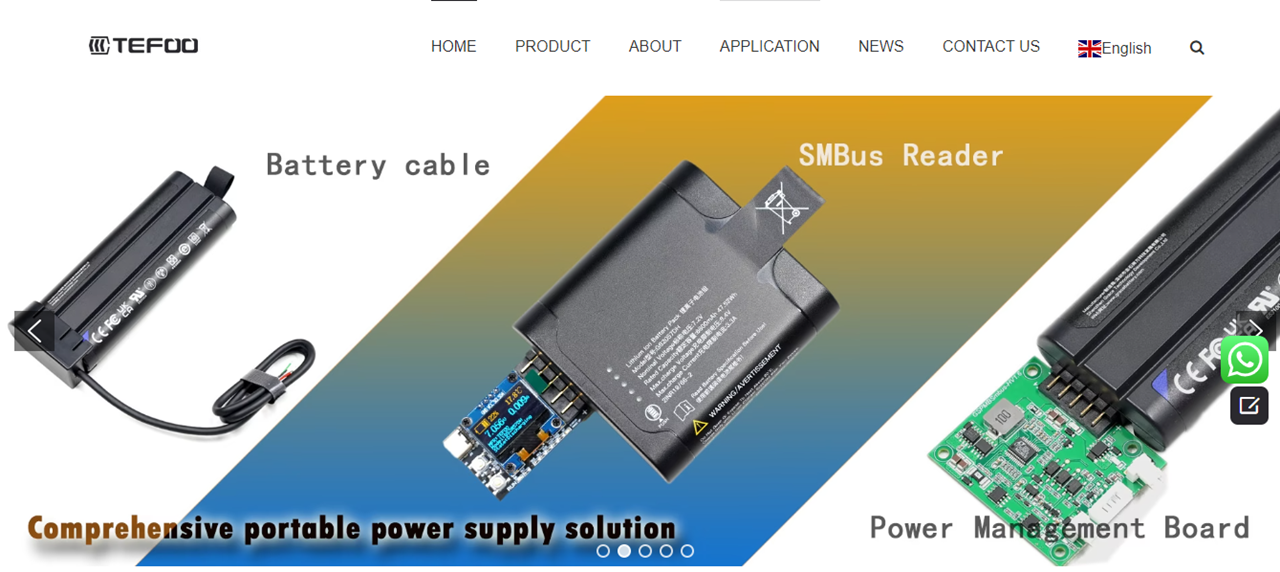In the realm of healthcare, where the reliability of medical devices can significantly impact patient outcomes, ensuring these devices are always operational is critical. One key aspect of this reliability is the management and maintenance of their power sources. This article delves into the importance of battery smart charging for medical devices, discussing its benefits, challenges, and the future prospects of integrating smart charging technologies in healthcare.
The Significance of Reliable Power in Healthcare Devices
Medical devices, ranging from portable monitors and insulin pumps to surgical tools and life support equipment, rely heavily on batteries as their power source. The critical nature of these devices demands that they function effectively, without power interruptions. Smart charging technology plays a pivotal role in achieving this reliability, ensuring devices are charged in an efficient, safe, and timely manner, thus minimizing downtime and maximizing device readiness.
Understanding Battery Smart Charging
Smart charging refers to the intelligent management of battery charging processes, tailored to the specific needs of the battery smart charging chemistry and the device’s operational requirements. It involves monitoring various parameters such as current, voltage, and temperature, and adjusting the charging process in real-time to optimize battery health and longevity.
Benefits of Smart Charging for Medical Devices
- Extended Battery Life: By preventing overcharging and overheating, smart charging can significantly extend the life of batteries, reducing the need for frequent replacements.
- Increased Device Reliability: Ensuring that devices are always adequately charged and ready for use increases the reliability of medical care, particularly in emergency situations.
- Energy Efficiency: Smart charging optimizes the charging process, reducing energy consumption and operational costs.
- Adaptive Charging: With the ability to adapt to different battery conditions and histories, smart charging ensures optimal charging for each specific device, enhancing performance and safety.
Challenges in Implementing Smart Charging Solutions
While the benefits are clear, integrating smart charging technology into medical devices is not without its challenges. These include:
- Cost and Complexity: Developing and integrating smart charging circuits increases the complexity and cost of medical devices.
- Compatibility Issues: Ensuring that smart charging solutions are compatible with a wide range of device types and battery chemistries can be challenging.
- Regulatory Hurdles: Medical devices are subject to stringent regulatory requirements. Implementing new technologies like smart charging involves navigating these regulations, which can be time-consuming and costly.
Case Studies: Success Stories of Smart Charging in Healthcare
Several healthcare institutions and medical device manufacturers have successfully implemented smart charging solutions, demonstrating significant improvements in device reliability and operational efficiency. For instance, a leading hospital implemented smart charging stations for its fleet of mobile medical carts, resulting in a 30% increase in cart availability and a significant reduction in battery-related maintenance calls.
Another example is a manufacturer of wearable health monitors that integrated smart charging technology, extending the average battery life of their devices by 20%, greatly enhancing user satisfaction and device reliability.
The Future of Smart Charging in Medical Devices
The future of smart charging in healthcare looks promising, with several advancements on the horizon:
- Wireless Charging: The integration of wireless charging technology, allowing for seamless, contactless power transfer to medical devices, reducing the need for cables and connectors.
- Solar and Kinetic Charging: Harnessing renewable energy sources to charge devices, making them even more versatile and environmentally friendly.
- Artificial Intelligence: Leveraging AI to further optimize charging processes based on predictive analysis of usage patterns and battery health.
Ethical and Environmental Considerations
As smart charging technology advances, it’s important to consider its ethical and environmental implications. Optimizing charging processes can lead to significant energy savings and reduce electronic waste by extending battery life. However, the increased use of sophisticated electronics and batteries raises concerns about resource consumption and disposal. Balancing technological advancements with environmental sustainability will be crucial.
Conclusion
The implementation of battery smart charging technology in medical devices presents a compelling opportunity to enhance healthcare delivery by improving device reliability, efficiency, and safety. Despite the challenges, the benefits of smart charging are clear, promising a future where medical devices are more reliable and energy-efficient. As technology advances, it will be important to address ethical and environmental considerations, ensuring that the benefits of smart charging extend beyond healthcare to positively impact society as a whole.

